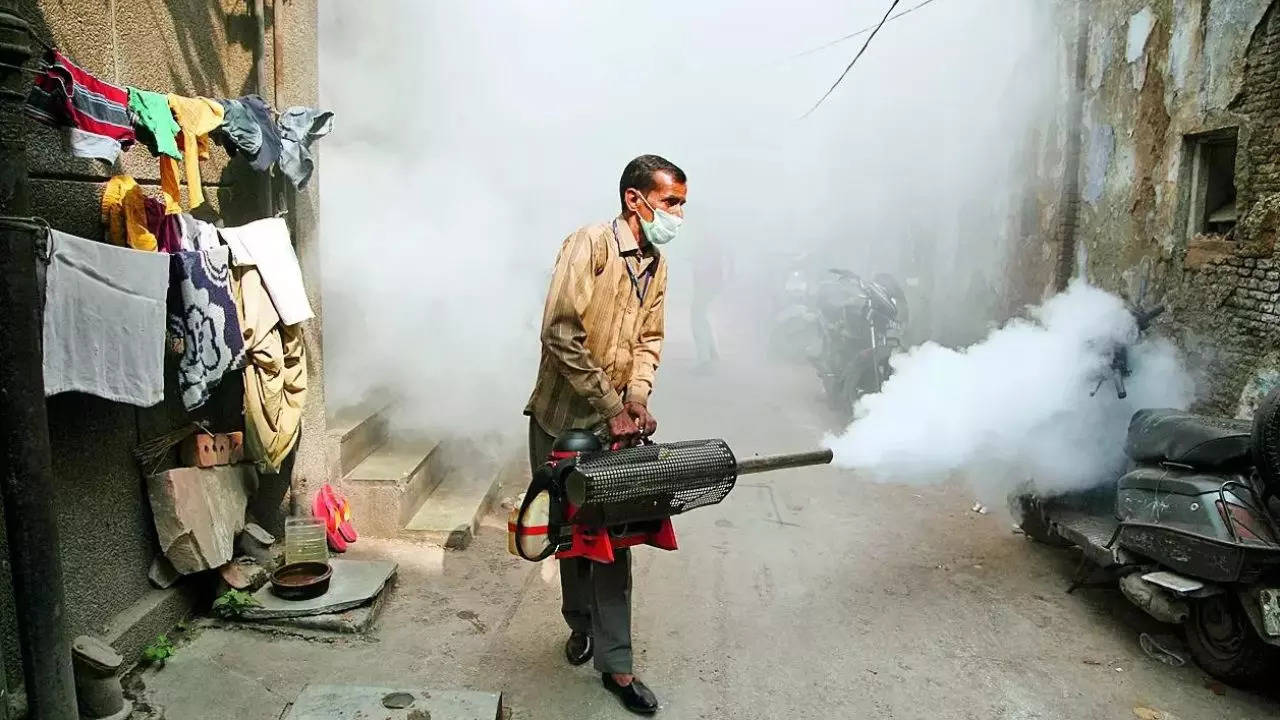In a study published in the journal PLOS Biology, they claim the mosquito eggs, facing drying conditions, enter an altered metabolic state to significantly increase the production of polyamines, which play a crucial role in enabling the embryos to withstand the damage caused by water loss. Furthermore, they utilise high-calorie lipids as an energy source to complete their development once they are rehydrated.
According to the researchers, understanding these survival mechanisms provides a foundation for innovative mosquito control strategies. By disrupting the desiccation tolerance (ability to survive without water) of mosquito eggs, a significant reduction in mosquito populations and disease transmission can be achieved, the scientists anticipate.
The details of the study, led by Dr Baskar Bakthavachalu from IIT Mandi and Anjana Prasad, Sreesa Sreedharan, and Dr Sunil Laxman from inStem), have been published in the journal PLOS Biology.
Mosquitoes, viral vectors for various diseases, deposit their eggs in water, where they hatch. The eggs of dengue and zika-carrying Aedes mosquitoes can endure extended periods without water, akin to plant seeds patiently waiting for germination in the absence of moisture.
The researchers reared Aedes aegypti mosquitoes and studied their eggs through a series of innovative experiments which included subjecting the eggs to dehydration and subsequent rehydration to find out the specific metabolic changes the developing larvae undwent for its survival.
“Life is fundamentally dependent on water. However, extreme environmental conditions have allowed organisms to find ways to survive without water. Each of these organisms finds its own unique way to overcome water loss. Our understanding of this fundamental process remains limited. Mosquito eggs, facing drying conditions, enter an altered metabolic state to significantly increase the production of polyamines, which play a crucial role in enabling the embryos to withstand the damage caused by water loss. Furthermore, they utilize high-calorie lipids as an energy source to complete their development once they are rehydrated,” said Dr Bakthavachalu.
Similar pathways exist in agricultural insect pests, suggesting potential solutions for agricultural challenges. By deciphering these biochemical processes, scientists may pave the way for eco-friendly, targeted pest control measures, ensuring sustainable agricultural practices.
Bihar: Dengue cases surge in Patna, health department sets up separate wards


